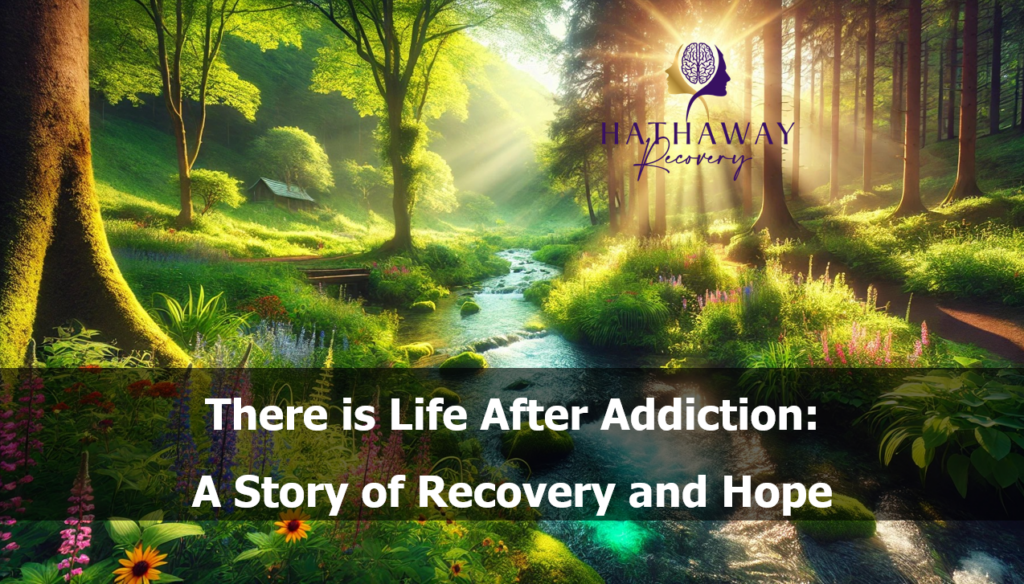
In the midst of America’s ongoing struggle with addiction, marked by a devastating surge in overdose deaths, a powerful truth emerges: many people who struggle with addiction survive, recover, and thrive. This vital, yet often hidden, reality challenges the stigma that addiction is an inescapable trap. Research shows that recovery is possible, even for those facing the most severe substance use disorders, inspiring hope in those who might feel lost.
The latest data from the Centers for Disease Control and Prevention (CDC) reveals a troubling milestone—over 100,000 lives claimed by fatal overdoses in a single year. But amid the loss, recovery remains the untold story. According to a study co-authored by Dr. John Kelly of Harvard Medical School, an estimated 22.3 million Americans—over 9% of adults—live in recovery from a substance use disorder. This reality is profound and promising: recovery is not only possible; it is common. Three out of four people who face addiction ultimately recover, dispelling myths of hopelessness.
A Journey of Rediscovery
Anna Mable-Jones, 56, from Laurel, Maryland, embodies this hope. She lost ten years to cocaine addiction, spiraling through relapse and rehab, with family members fearing for her life. Her mother would call the morgues, dreading confirmation of her worst fears. Yet today, Mable-Jones is a homeowner, small business owner, and more than two decades drug-free. She describes her life now as “awesome,” filled with the things she once thought lost forever.
This path is not unusual; it is often a slow and challenging journey. For many, recovery takes years of perseverance and sometimes multiple relapses. Studies suggest that it can take an average of eight years to achieve long-term remission, even with access to quality treatment. Yet most individuals who keep trying eventually succeed.
Breaking the Stigma
Despite these hopeful statistics, addiction is often perceived as a permanent, fatal condition. This misconception largely arises from the visible destruction addiction can cause—incidents of drug crime, public intoxication, and families in crisis. Less visible, however, are the millions of individuals who quietly rebuild their lives in recovery.
Travis Rasco, now four years drug-free, understands the battle well. After a decade-long struggle with heroin, he reached a turning point following a near-fatal overdose. Determined to make a change, he sought long-term treatment and the support he needed, overcoming his addiction. Today, he is married, has a baby, and is preparing to buy a home—milestones he once thought unreachable.
The Healing Process
The road to recovery differs for each person. Those with severe addictions, particularly to substances like heroin or methamphetamines, may face longer journeys. People of color and individuals in rural areas often encounter additional barriers due to limited access to treatment and resources. Nonetheless, the numbers are clear: even those with prolonged, severe addiction histories can and do recover.
Researchers, including Dr. David Eddie of Harvard, emphasize that this hope extends across the spectrum of addiction severity. Many people emerge from the shadows of addiction to reconnect with loved ones, pursue careers, and find financial stability. Recovery allows them to experience life’s joys and accomplishments they once thought impossible.
Hope Amid the Opioid Crisis
Fentanyl, a powerful synthetic opioid, has introduced a new level of risk. Its potency means that even a single use can be fatal, cutting short the opportunities people have to find recovery. Communities are responding by promoting harm reduction strategies such as clean needle exchanges and overdose-reversal drugs like Narcan. New York City has even opened safe consumption sites where individuals can use drugs under medical supervision.
These programs recognize a critical truth voiced by Dr. Eddie: “Nobody recovered from addiction dead.” By keeping individuals alive and providing support, communities give people the chance to eventually find recovery.
Life Beyond Addiction
Addiction recovery is not just about survival; it’s about transformation. Rasco speaks to this liberation, saying, “I have all the good things in life that everybody talks about. I’m worthy of that too.” For many in recovery, overcoming addiction means more than achieving sobriety—it’s about reclaiming self-worth, relationships, and dreams.
The road may be long and fraught with difficulty, but millions of people, like Anna and Travis, prove that life after addiction is not just possible; it is fulfilling. Their stories remind us that with the right support, compassion, and perseverance, those affected by addiction can indeed recover, rebuild, and thrive.
Help Is Available: Hathaway Recovery
For those struggling with addiction, help is available. Hathaway Recovery offers a lifeline for individuals who want to overcome addiction. Committed to offering a fresh start, Hathaway Recovery extends its support to those in need, focusing on comprehensive care and a personalized approach to treatment. The Hathaway Recovery Admission Department provides confidential assistance and can be reached at (909) 971-3333. They offer a path to recovery and the opportunity to begin a transformative journey toward a healthier, more fulfilling life.






